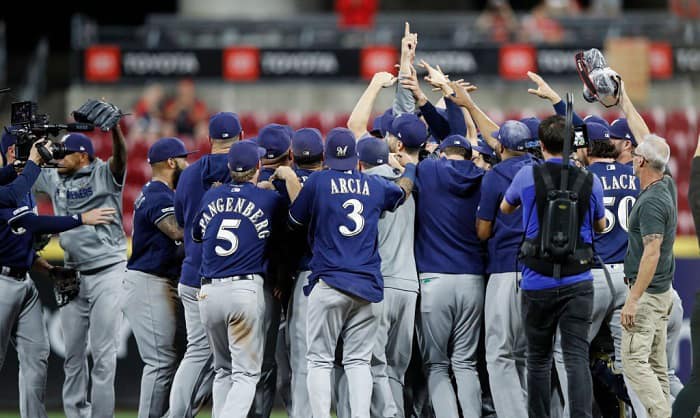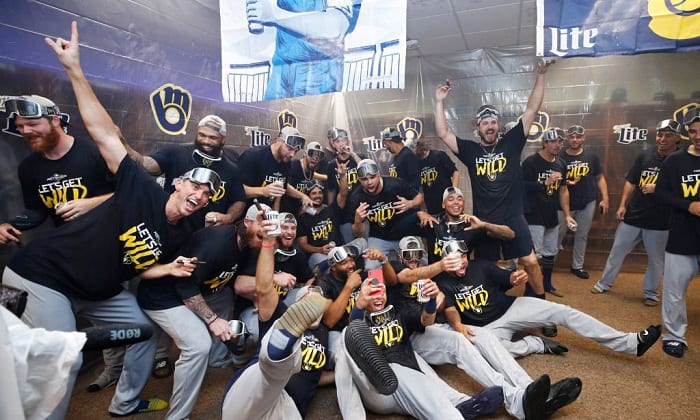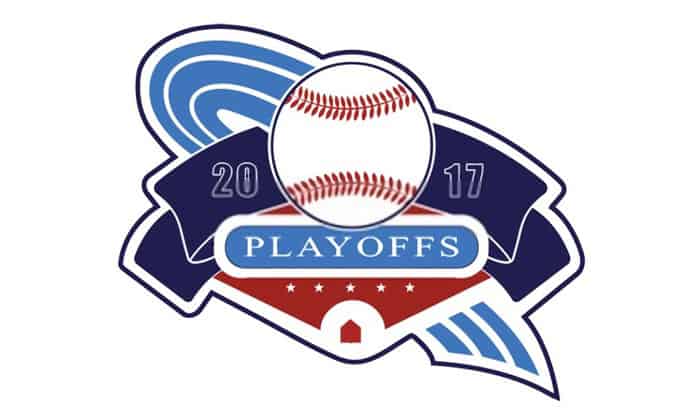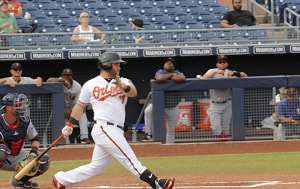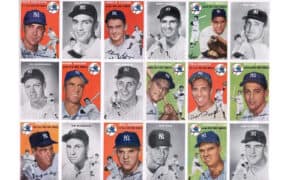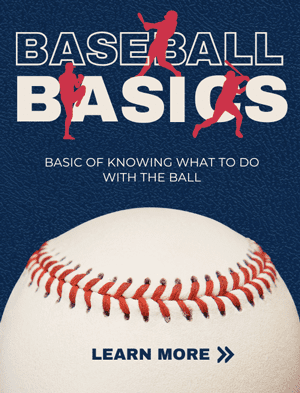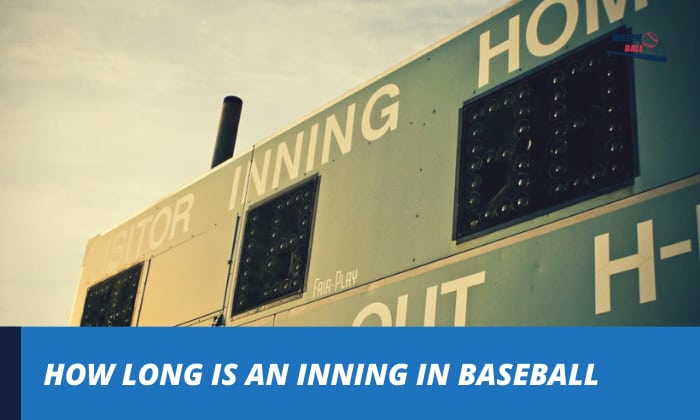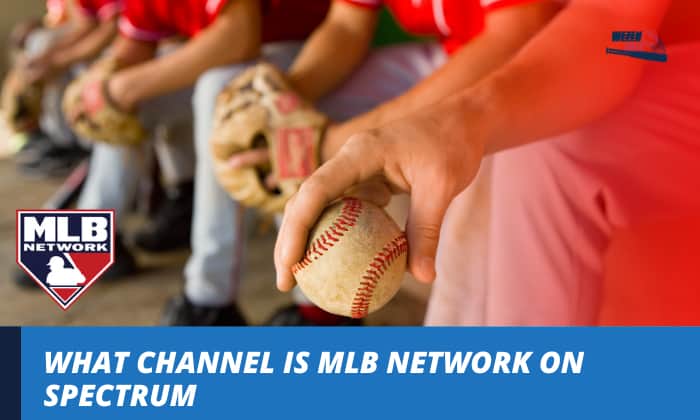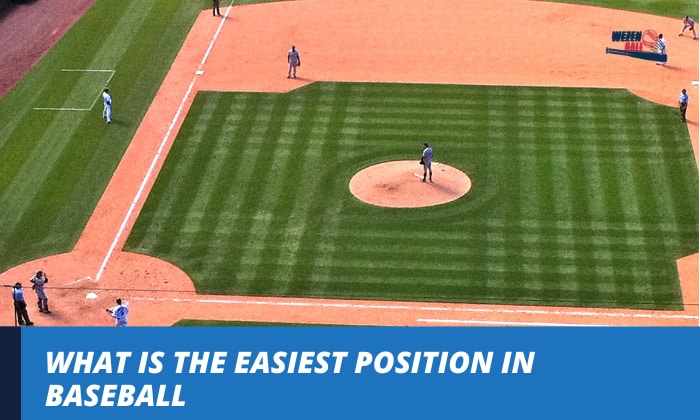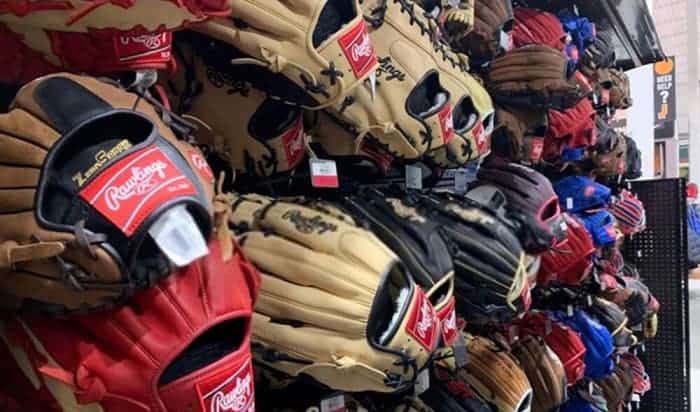Are you getting into major league baseball but are wondering how do the MLB playoffs work? Perhaps you want an article to show to your friend who wants to learn more about baseball?
Scroll down and read our no-fuss run-through of the playoffs and some trivia that every baseball fan should know.
Contents
MLB Playoffs Explained
The major league baseball playoffs are a tournament with at least 32 games. It is held every year after the end of the regular season to determine who will be the champion in the World Series.
The ten (10) teams that make up the MLB postseason format belong to Major League Baseball, with five (5) teams coming from the American League and the other five (5) teams from the National League.
That said, as of 2022, the playoffs will have 12 teams (six from each league) instead of 10 teams.
Here are the four rounds of the playoffs:
- Wild Card Round: A Single Wild Card Game, first introduced in the 2012 playoffs, kicks off the preliminary or round 1. It involves teams with good records in their division but aren’t the champions.
The winning teams from this first round will compete in the next round of the playoffs, the Division series.
Note: In 2022, this round will no longer have one single wild card game and will feature three Wild Card teams in each league.
- Divisional Round: In this MLB divisional series, eight teams remain to play in the best-of-five structure.
The team that wins 3 games first will proceed to the next round or the mlb division series.
The winner from the wild card round is seeded number 1, with seeds 2 and 3 playing against each other.
The two winners from this round (who qualifies for mlb playoffs) will then move on to the next round.
The next round is the semi-final stage or the league championship.
- League Championship: This round will have a best-of-7 series bracket, meaning teams have to win four games to progress to the next.
- World Series: The league championship’s two winners will advance to the world series.
If you’re wondering whether this round has the best-of 5 or 7 setup, it’s the latter, which means the first team to win four games per round will be the champion for the year.
Now you know the MLB playoff format and how it is divided into rounds.
Understanding the Home-field Advantage
The term home-field advantage refers to the team that always gets to host more games compared to the others. To understand why this is a thing, you’ll have to know how is home field determined in MLB playoffs.
The playoffs have an odd number of games. The team with an excellent regular-season record will earn the home-field advantage in all rounds.
This home-field advantage also refers to the benefit of the host team, who will have better knowledge of the field where the game takes place.
The MLB playoff home field advantage rules were only established in the early 20th century.
Understanding the Postseason Bonus
If you compete in the MLB playoffs, there is a monetary bonus to be expected.
There are a few terms determining who will be given the bonus and how much they will receive.
These conditions manifest in the mlb playoffs rules.
If you want a bigger bonus, you have to try your best to get your team further into the playoffs, with the winners getting the majority of the pool at 36%.
The bonus came from 60% of the gate receipts from some games, namely games from the wildcard round, the divisional round, the league championship, and the world series.
This bonus applies to players, coaches, trainers, and staff.
They can still benefit from this even if they are not with the team for the whole of the season.
As for the schedule, there is a meeting at the start of the playoffs to discuss payout shares.
The Best Playoffs in MLB History
You cannot claim to be a baseball fan if you don’t know one of these historic baseball playoffs.
Here are the best playoffs in MLB history:
- Baltimore Orioles (1970): In the 1970 World Series, the Orioles won 4-1 over the Cincinnati Reds.
They batted .307 in the eight postseason matches, with 16 home runs and 60 runs.
Not only did they score 7.5 runs per game, but the Orioles also had the advantage of having three of the top five finishers in that year.
- Cincinnati Reds (1976): In the 1976 playoffs, the Cincinnati Reds claimed victory when they outscored the Yankees and Phillies by 41-19.
Out of the seven games, they scored at least four runs every match.
- New York Yankees (1999): Another mention of the Yankees in this list is their playoff achievement in 1999.
This may be their most extraordinary postseason performance as they went 4-0 over the Atlanta Braves. While the Braves dominated in the regular season, they lost every round to the Yankees in the playoffs.
- Chicago White Sox (2005): The 2005 Chicago White Sox is another special team.
They were among the two mlb playoffs teams who could win 11 games out of 12, with 9 out of those where they could score at least five runs.
Talk about a legend!
- New York Yankees (1928): A list of the best playoffs will not be complete without mentioning the legendary Yankees.
In the 1928 World Series, they dominated 4-0 over the St. Louis Cardinals.
With Gehrig and Ruth, the team scored seven home runs.
Teams Involved in the 2021 Playoffs
Here are some teams involved in the 2021 playoffs in the MLB (not in any order):
- Boston Red Sox
- New York Yankees
- San Francisco Giants
- Milwaukee Brewers
Conclusion
How do the mlb playoffs work? In short, there are four rounds to determine who will be declared World Champion for the year and will be presented the Commissioner’s Trophy.
Now that you know the basics of how the playoffs work in MLB, don’t get left behind.
Read more of our articles to catch up for the next season!

A powerful swing and the ball is flying across the field, just one hit, and we might never forget the thrill it brings. I do not know about you, but I never do. Every baseball game is the chance to compete with others and cooperate with your teammate. It is among my biggest passions.



